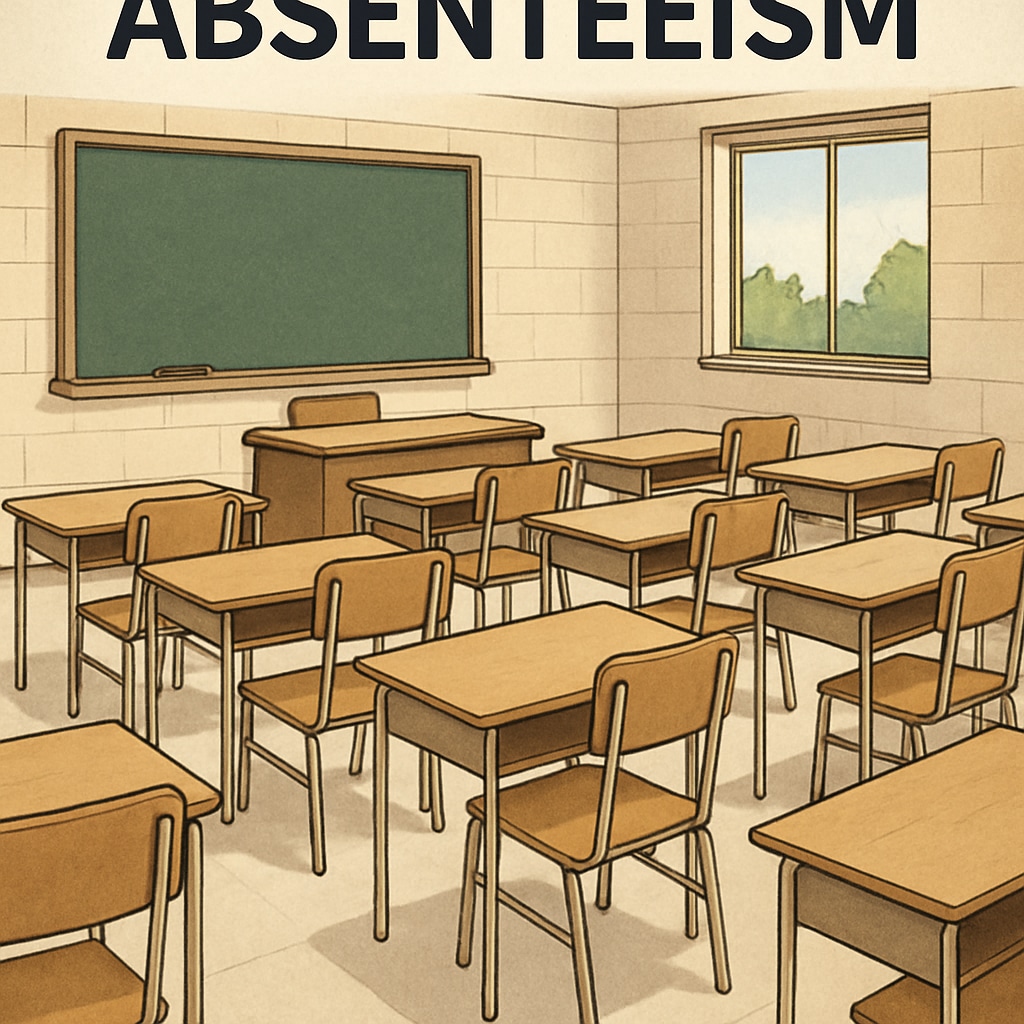Strict attendance policies in county schools, including rules that classify absences exceeding 72 hours as truancy, have sparked significant debates among educators, parents, and policymakers. These policies aim to maintain high attendance rates but may also unintentionally harm students by failing to account for individual circumstances and external influences. As stricter systems emerge, the question arises: are these measures promoting education or crossing the line into punishment?
Understanding the 72-Hour Absence Rule
One of the most contentious elements of the policy is the 72-hour absence rule. Under this system, students who fail to attend school for three consecutive days without proper documentation are labeled as truant, triggering disciplinary actions that may include parental notification, mandatory counseling, or even involvement from external organizations. While these measures are designed to deter absences, critics argue that they risk stigmatizing students who face unavoidable challenges, such as health issues or family emergencies.

External Interventions and Their Impact
Another controversial aspect is the involvement of external organizations, including religious groups and community programs, in addressing truancy. While these interventions are often well-intentioned, critics warn that they may blur boundaries between education and personal freedoms. For example, religious organizations may impose their values on students or families, raising concerns about bias and inappropriate influence in secular public education systems. Additionally, such interventions may not adequately address the root causes of absenteeism, such as mental health challenges, socioeconomic barriers, or bullying.

Balancing Discipline with Compassion
To create effective attendance policies, schools must strike a balance between maintaining discipline and showing compassion. Instead of rigid rules and punitive measures, administrators could adopt approaches that prioritize communication and understanding. For example:
- Introducing flexible attendance policies that account for individual circumstances.
- Providing mental health resources and counseling to address underlying issues.
- Encouraging family involvement through proactive and non-punitive methods.
By shifting focus from punishment to support, schools can create environments where students feel empowered to attend and succeed.
Conclusion: Rethinking Attendance Policies
While strict attendance policies may be well-intended, their execution often raises concerns about fairness, effectiveness, and respect for students’ individual needs. To truly foster an environment of learning, schools must reconsider whether these measures align with their educational mission. As a result, policymakers and educators are urged to explore humane and adaptable attendance systems that balance accountability with empathy, ensuring every student has the opportunity to thrive.
Readability guidance: This article uses short paragraphs and lists to improve clarity. Active voice is maintained throughout to enhance engagement, and transition words are evenly distributed for better flow and comprehension.


